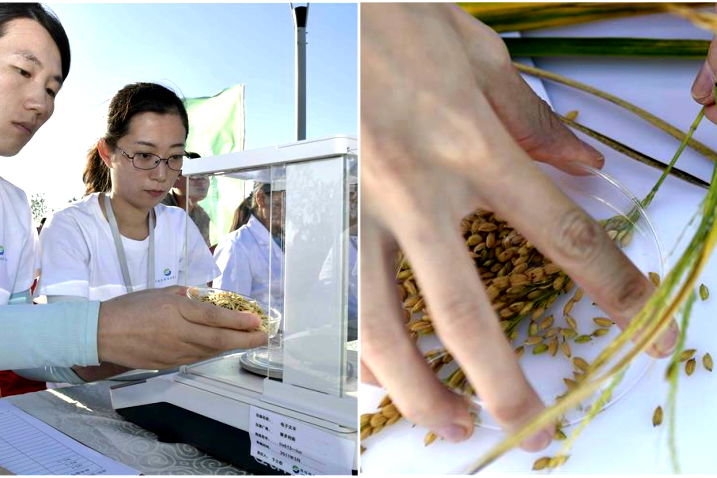Chinese scientists achieve milestone by synthesizing sugar from CO2



By Ryan General
Chinese scientists have successfully synthesized sugar from carbon dioxide in a controlled laboratory setting, marking a significant advancement in artificial sugar production.
Groundbreaking study: The research, published last week in the journal Chinese Science Bulletin, is the result of a collaboration between the Chinese Academy of Sciences’ Tianjin Institute of Industrial Biotechnology and the Dalian Institute of Chemical Physics. After over two years of extensive experimentation, the research team managed to address the challenges posed by conventional sugar extraction methods.
How it was achieved: Yang Jiangang, the lead author of the study and an associate researcher at the Tianjin Institute, shared that the team adeptly balanced high-concentration carbon dioxide and other precursors within the reaction solution to yield four distinct sugars: glucose, allulose, tagatose and mannose. According to Yang, they are able to control artificial sugar synthesis with such remarkable accuracy that “nearly any sugar type can be synthesized.”
A remarkable feat: The experiment, conducted with the aid of chemical and enzyme catalysts, was accomplished in a mere 17 hours, a fraction of the time required by traditional extraction methods. Yang revealed that the efficiency of sugar synthesis surpassed previous benchmarks by more than tenfold, achieving a rate of 0.67 grams per liter per hour. Central to the breakthrough is the carbon dioxide to sugar conversion rate, reaching an unprecedented 59.8 nanomoles of carbon per milligram of catalyst per minute for glucose.
Need for sugar synthesis: Conventionally derived from crops such as sugar cane, sugar is a pivotal energy source for the human body and has become a critical component for industrial fermentation. Ecological degradation and climate-induced disruptions, however, have posed uncertainties in the future supply of its raw materials.
The recent achievement comes amid the international scientific community‘s continued exploration of artificial sugar synthesis. International experts have praised the success of the research, noting how the findings could usher in possibilities for green chemistry applications, offering environmentally conscious alternatives for industrial processes.
Share this Article
Share this Article





